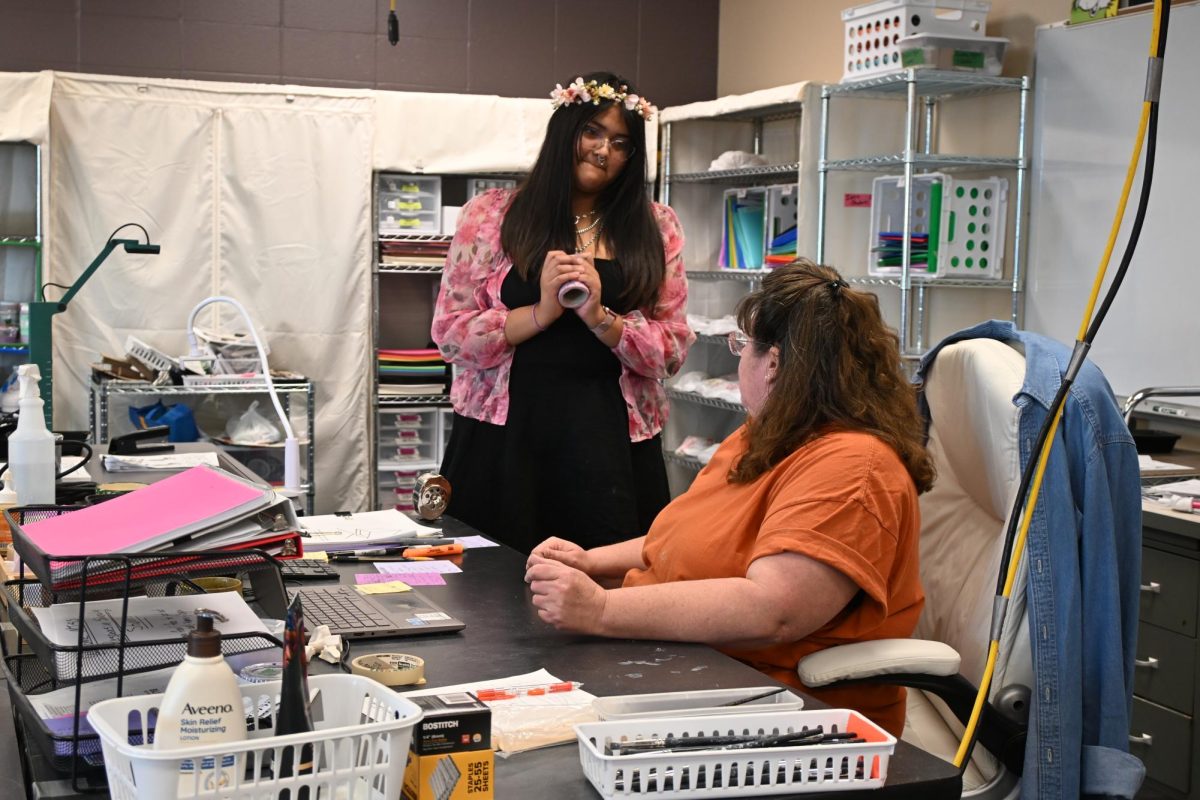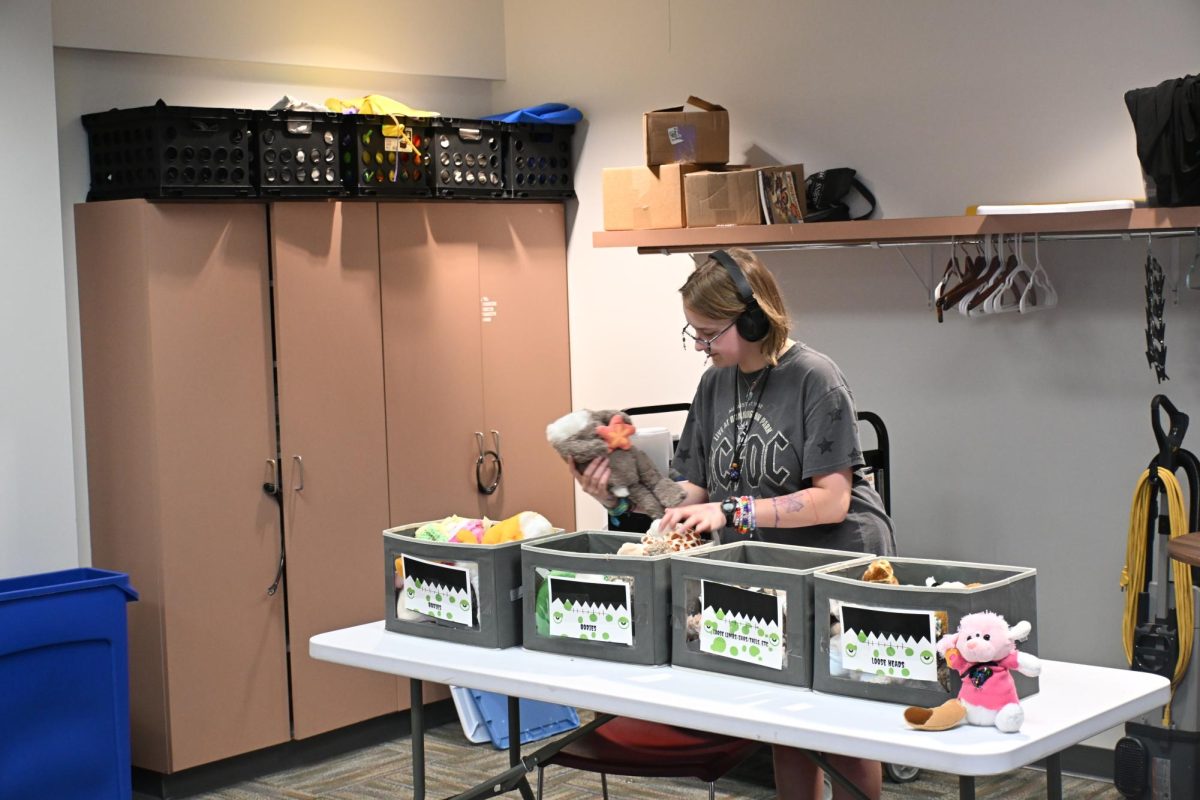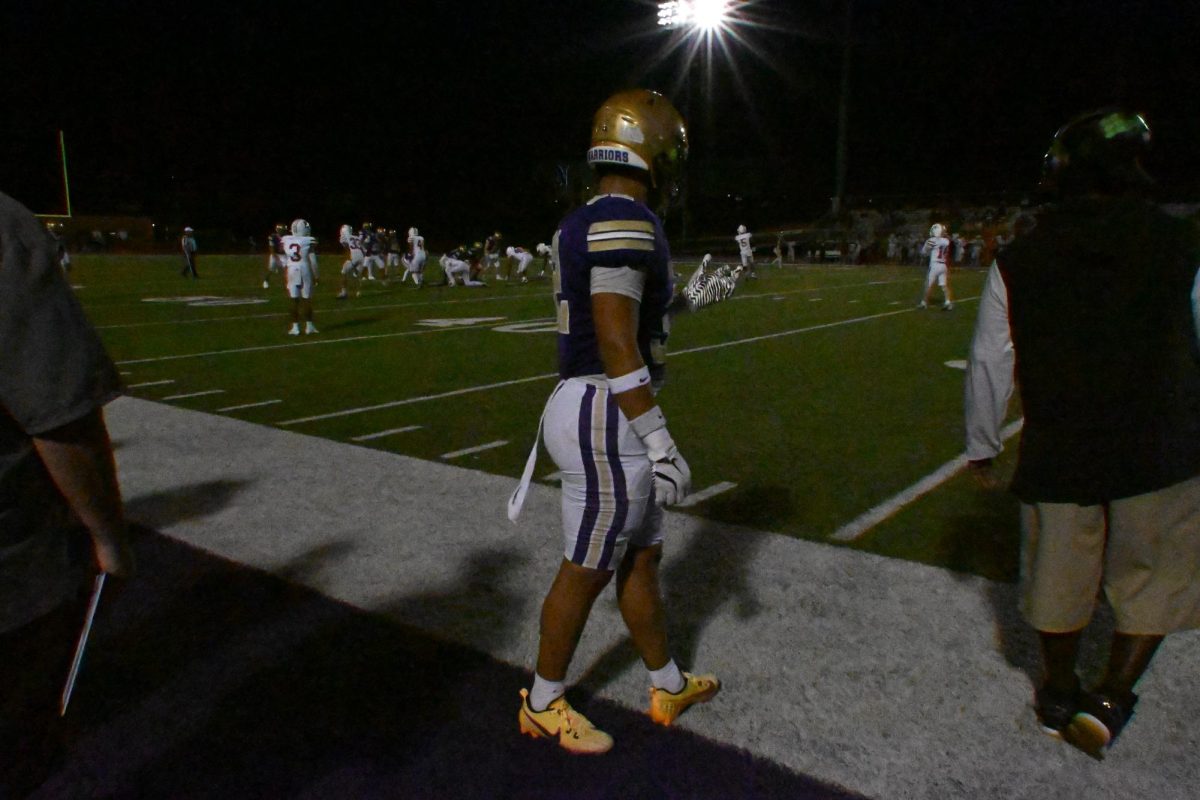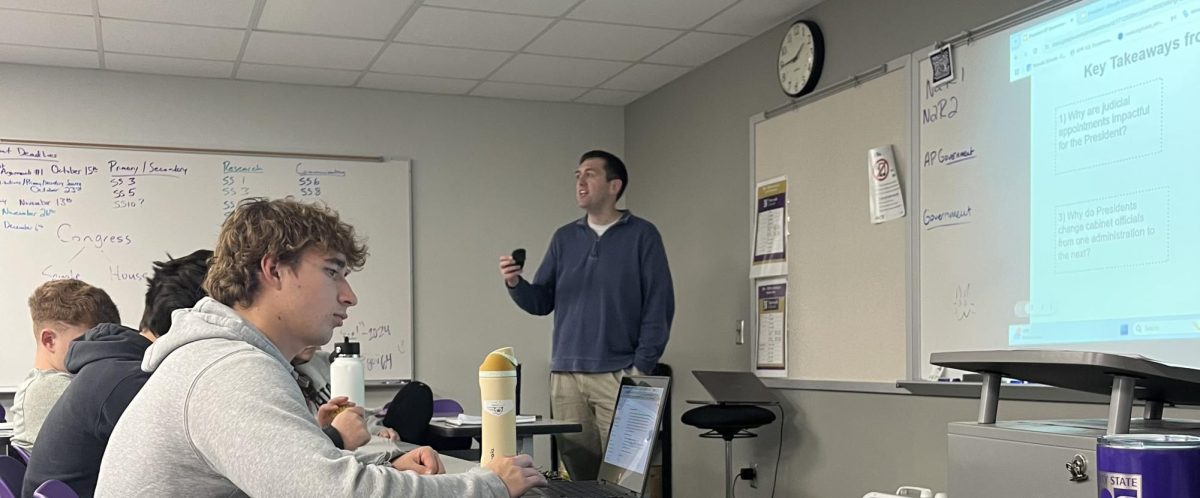Earlier this month, Iowans voted in what was thought to be one of the closest presidential elections, resulting in Donald Trump winning the presidency and the Republican party winning the majority in both the House and Senate.
Ryan Alfred, a government teacher at Norwalk, said that the Republican party’s majority in both the legislative and executive branches has a big impact.
“The Republican party will control both the presidency, the House, and the Senate, so they’ll have the trifecta,” Alfred said. “So that takes up the lawmaking process, they’ll be able to pass bills they want to pass. When it comes to typical spending, they’ll be able to get appointments confirmed, whether that’s judges or presidential nominations for different departments or cabinets.”
According to a Des Moines Register/ Mediacom Iowa Poll conducted by J. Ann Selzer, the poll gave Kamala Harris an Iowa lead days before the Nov. 5 election day. Multiple other polls favored Trump winning in Iowa. In the past two elections, 2016 and 2020, Iowa chose a Republican candidate.
At the beginning of election day, Alfred said Iowa polls favored Kamala to begin with, but this Democratic majority early on shouldn’t have come as a surprise.
“So what typically happens in the state of Iowa [for] returning election results, the cities typically [and] suburbs are the first ones to report because they have shorter distances, shorter commutes,“ Alfred said. “It looks like the Democratic candidate is going to win big in Iowa usually on election night as those results are coming in.
“What ends up happening as the night goes on is the rural areas start to count their votes, which favor Republicans about two-thirds to one-third if not higher. So what happens is that they start to tick away at the Democrat’s lead as election night results are going in.”
Alfred said Democrats need to get a high majority in the larger cities to have a chance to take Iowa.
“Democrats probably need to get close to 65% of the votes in the cities to even be able to compete in keeping a state-wide race,” Alfred said. “So that just didn’t happen.”
Senior Aidan Basinger was among the people old enough to vote for the first time. Basinger said that Trump’s policies will have a negative impact.
“I believe this election has the potential to have strong negative consequences due to some of Trump’s environmental, defense, immigration, and healthcare policies,” Basinger said.
Basinger said that Trump’s environmental and healthcare policies have the biggest impact.
“His environmental policy focuses strongly on increasing the use of fossil fuels and decreasing incentives for EVs [Electric Vehicles],” he said. “His healthcare policy aims to repeal the ACA [Affordable Care Act], which grants most American families affordable healthcare and wants to make lifesaving reproductive healthcare a state issue, allowing people to have no access to healthcare that could save their lives or even allow them the ability to have children on their own.”
While junior Payton Miller was not old enough to vote this year, he said he still follows politics closely. Miller said the impact of Trump’s re-election has been felt worldwide.
“The impact of this presidency to come has already been insane,” Miller said. “Hamas has already called for peace, the EU has called to start purchasing American natural gas to avoid Trump’s tariffs. Putin has said he will sell Russian oil in U.S. dollars. President Zelensky has already had a private phone call with Trump [too].”
Miller said he looks forward to Trump’s presidency.
“It’s insane that the thought of Trump in office is already changing the outcome of the world,” he said. “ It excites me to see what he will do in office.”



















